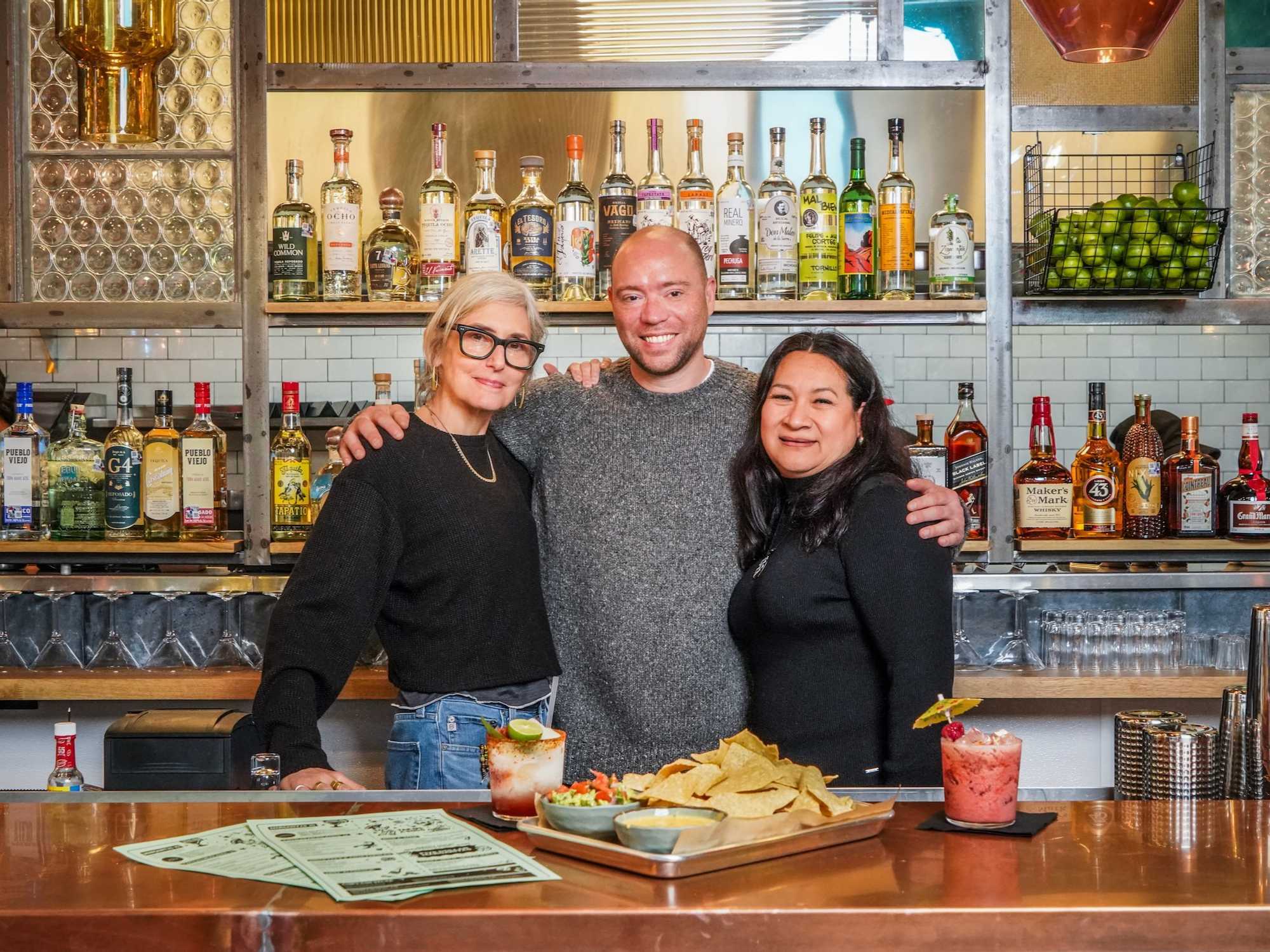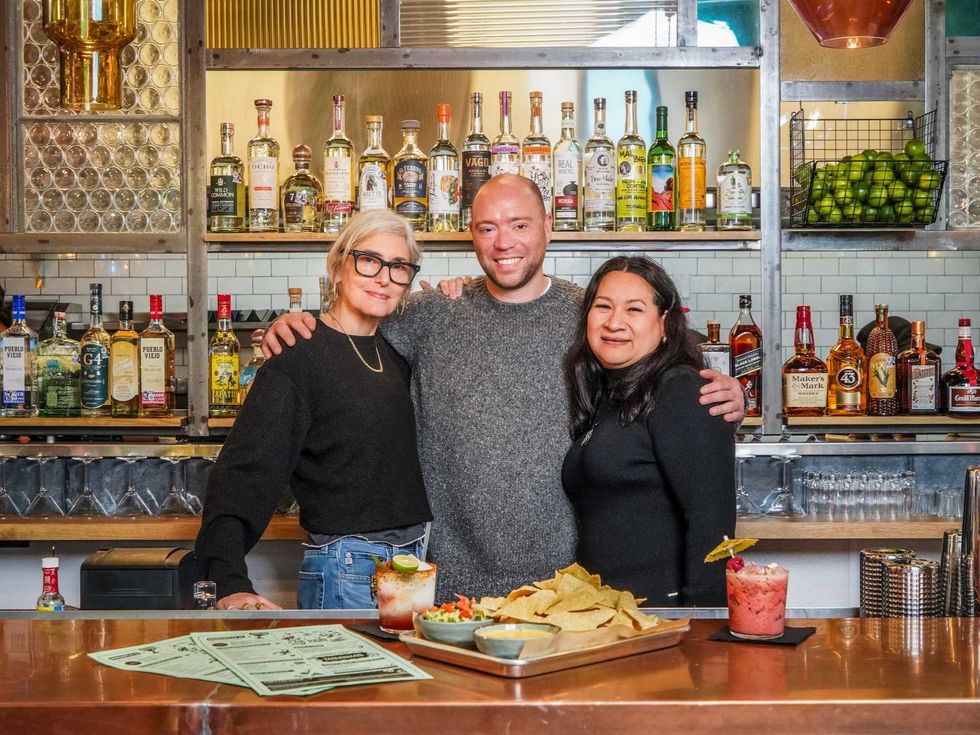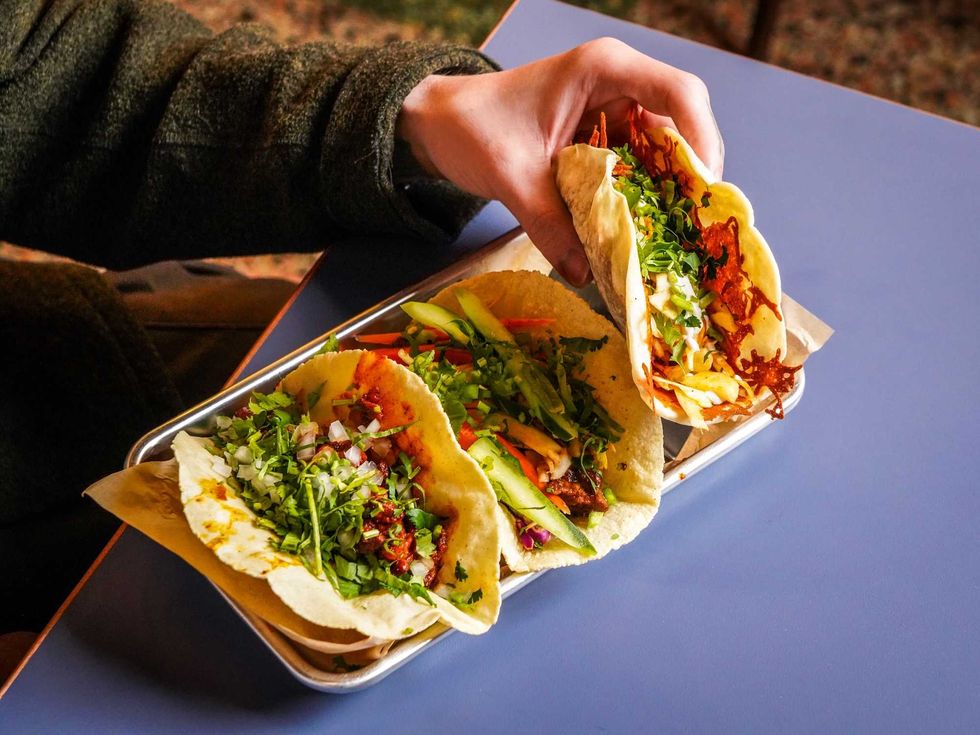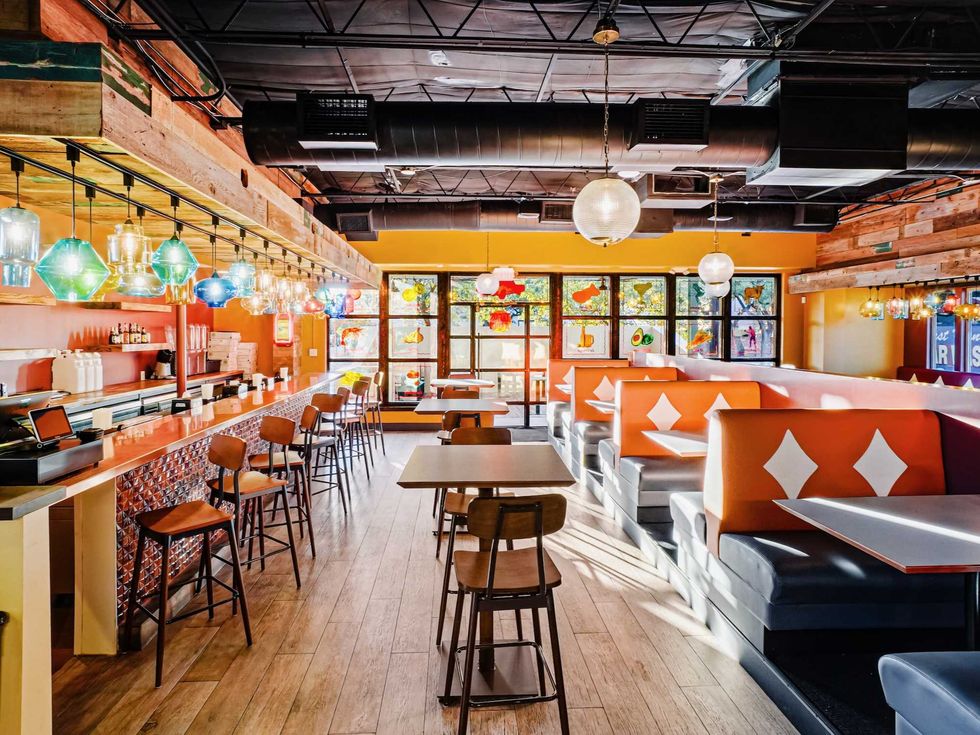new delivery legislation
New legislation regulates third-party delivery apps in Texas

The Texas Legislature has approved a new measure that regulates the relationship between restaurants and third party delivery apps. After passing both the Texas House and Senate with bipartisan support, SB 911 heads to Gov. Greg Abbott for final approval.
The bill's key provisions give restaurants more control over their relationships with third party delivery services. They include:
- Prohibiting delivery services from using a restaurant’s trademarks to suggest the restaurant sponsors or endorses the service
- Prohibiting charging a restaurant any fees unless they are agreed-to in writing
- Requiring removal of a restaurant from the services within 10 days of receiving a removal request
- Requiring apps to provide consumers with a clearly identified way to report problems with an order directly to the delivery service.
The bill also prohibits Texas cities and counties from enacting any local regulations that would conflict with signed agreements between restaurants and delivery services, such as San Francisco's ordinance that capped commissions at 15-percent. Both the Texas Restaurant Association and third party services such as DoorDash, Uber Eats, and Grubhub supported the legislation.
“With SB 911, Texas has shown once again that we’re willing to be creative and work in a collaborative fashion to solve the public policy challenges of the day,” said Kelsey Erickson Streufert, Vice President of Government Relations and Advocacy for TRA. “When restaurants were ordered to close their dining rooms, pickup and delivery became essential, and it became clearer than ever that restaurants and consumers need basic transparency and fairness protections in this evolving market. We immediately set to work with third-party delivery companies to draft SB 911, improving competition and fairness for all parties.”
HB 598, which was also introduced this session, would have limited delivery fees charged to restaurants to 15-percent of an order's value. That legislation never made it out of the House's Business & Industry committee. In an email, Streufert tells CultureMap the TRA was "neutral" on HB 598, because it had already begun working with delivery services on SB 911.
"In a sense they are alternatives because they both seek to address concerns restaurants and consumers have raised regarding third-party delivery services," she writes. "SB 911 addresses those concerns by empowering restaurants to control their own business by improving transparency, particularly on fees; strengthening trademark protections; and giving restaurants a meaningful opt-out procedure if third-party delivery does not work with their business model. We believe this will strengthen competition and fairness for all parties."





